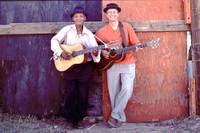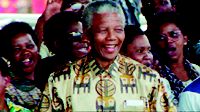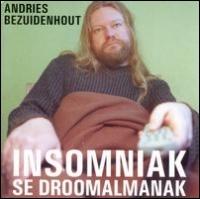David Kramer on why he did Karoo Kitaar Blues
While I was studying at Leeds University in the 1970’s I read about the work that the Lomax family did in the Mississippi Delta; searching out and recording the blues singers in the early part of the twentieth century. It gave me the idea that I should do the same with the music of the farm labourers from my region.
But unfortunately I never followed through. I was easily distracted and intimidated by the political climate that existed at the time. A young white man seen in the company of farm labourers in the mid nineteen seventies was not going to go unnoticed or undisturbed. But the idea stayed with me and this roots Afrikaans music fascinated me.
The more I thought about it the more I realised that it was part of our hidden history –that the origins of Afrikaans and Afrikaans folk music had been erased by the politics of apartheid South Africa. This insight played a large part in the development of my writing and singing style.
When I released my first album, Bakgat it was banned by the SABC. I was told: Jy mors met Die Taal. So nearly thirty years later while making a documentary with Jan Horn, I meet with musicians who still play remnants of “die ou musiek” and I am excited and exhilarated to find that it still exists and that there are still people who remember how to play and sing. I invite some of them to join me on stage at the Klein Karoo Nasionale Kunstefees and the response is overwhelming. The musicians and their music touches people in a way that I have not experienced.
Read more
Read a review of Karoo Kitaar Blues the documentary.






